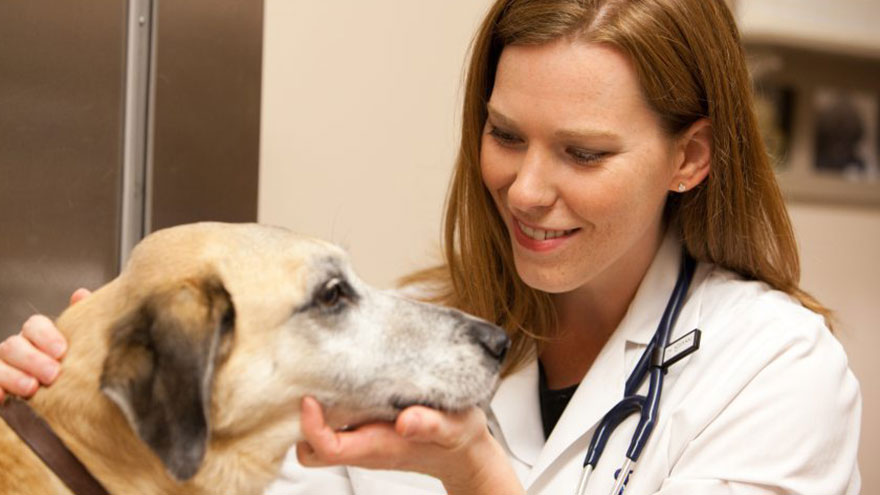How to Cure Mycoplasma in Dogs
Mycoplasma is a bacterial infection that is estimated to affect up to 50 percent of male dogs and 75 percent of female dogs. It can end up affecting multiple organs and does not always present itself with symptoms. Healthy and unhealthy dogs are affected with this organism. Things that can attribute to mycoplasma are other diseases, stress, an immunodeficiency and cancer.
Possible symptoms of the infection can include coughing, sneezing, sniffing, straining to urinate, frequent urination, blood in urine, infertility, abortion, arthritis, colitis, depression, weakness, weight loss, lethargy and skin abscesses. Once a dog has been diagnosed with mycoplasma, the steps to curing the infection are moderately easy.
Things You’ll Need
- Antibiotics
- Vitamin and mineral supplements
5 Steps to Cure Mycoplasma in Dogs

1. Travel to the veterinarian for a physical exam and diagnosis.
The veterinarian may want to perform multiple tests to rule out other problems. The tests that may be performed include a complete blood count, a biochemical profile, urinalysis, chest and abdominal x-rays, and culture of the organism.
2. Treat with IV fluid and electrolyte therapy.
Your dog may have to be admitted to the hospital for this type of treatment or the veterinarian may instruct on how this can be performed at home.
3. Administer antibiotic therapy.
Give your dog the recommended antibiotic, which may include tetracycline, choramphenicol, tylosin or erythromycin. Treatment with the antibiotic is usually for an extended period of time (14 to 21 days) and should be given as prescribed. Multiple treatment regimens may be needed.
4. Minimize re-exposure to other animals who could be carriers of the infection.
If the dog has to be around other animals, try to build the dog’s immune system with supplementation of vitamins and minerals.
5. Observe dog for recurrence of symptoms and follow up with your veterinarian if you suspect that is not getting better or has been re-infected.
You Might Also Like :: How to Get an Emotional Support Animal in South Carolina?

